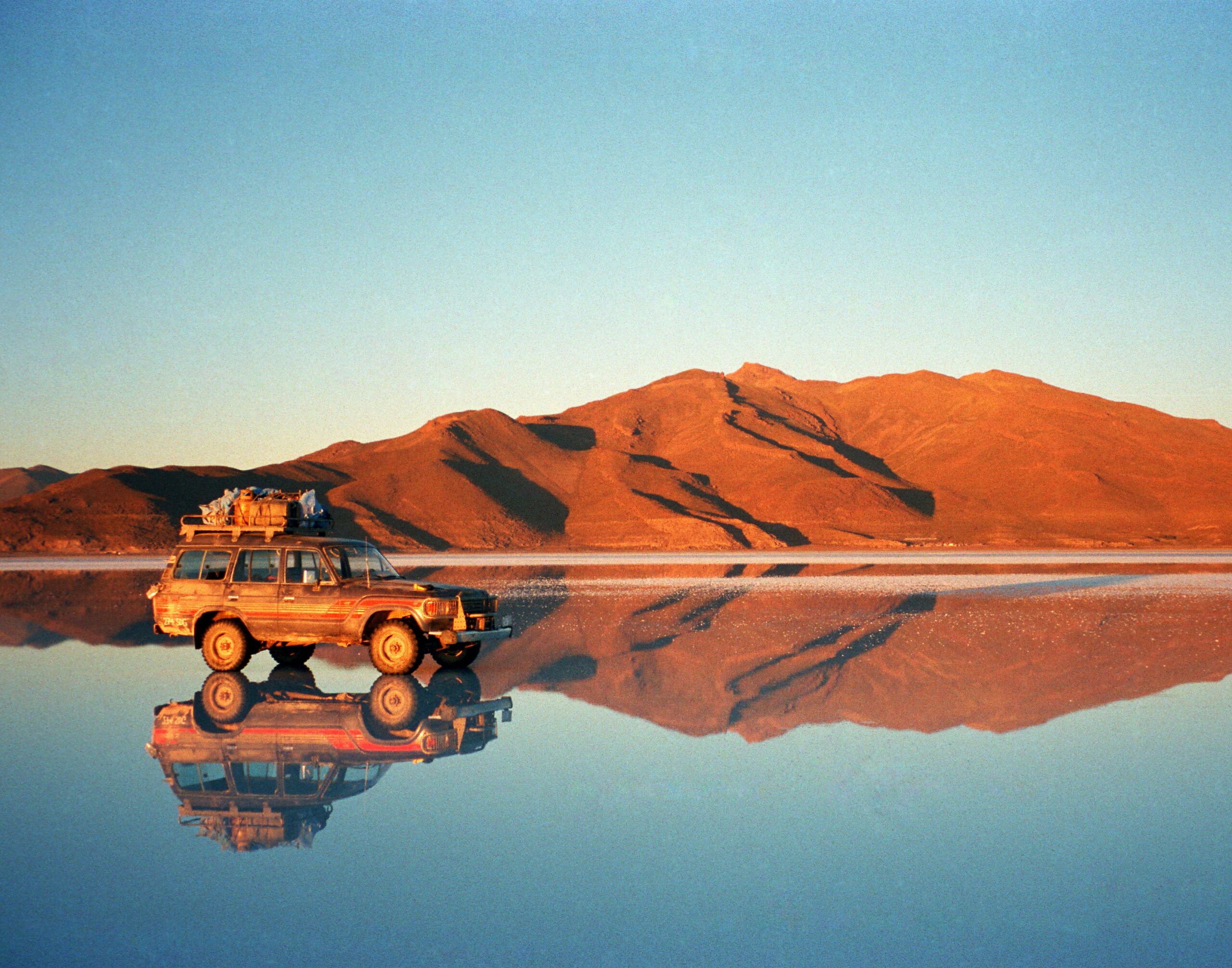Russia and China grab Bolivia’s lithium

Bolivia has signed agreements on lithium production with Russia (Rosatom) and with China. The South American country has vast deposits of metal for batteries, which however it has only partially exploited due to technological shortcomings and political mismanagement
On Thursday, Bolivia signed agreements on lithium production with Russia and China: more precisely with Uranium One Group (which belongs to Rosatom, the Russian state nuclear company) and with the Chinese conglomerate CITIC Guoan.
1.4 BILLION INVESTMENTS
The agreements are worth 1.4 billion dollars in investments and are similar, in form, to the agreement reached last January between the Bolivian government and the Chinese company CATL , the world's largest producer of batteries, of which lithium represents a essential material.
THE HOPES OF BOLIVIA ON LITHIUM
The Bolivian Minister of Hydrocarbons and Energy, Franklin Molina, said these agreements with the Russians and Chinese will allow the country to produce 100,000 tons of lithium carbonate by 2025 in the Uyuni, Coipasa and Pastos Grandes salt pans.
Bolivia has the largest lithium resources on the planet, 21 million tons, but has managed to exploit commercially only a small part due to lack of industrial capacity. Industrial capacity which instead, in the hopes of La Paz, Rosatom and CITIC Guoan should provide.
PAST FAILURE
Bolivia has been pursuing the dream of lithium since the 1990s – when there was still no talk of energy transition, which rests on batteries and therefore on lithium -, but without success. It focused on a process, evaporation in basins with high concentrations of magnesium, with a low yield and ill-suited to its salt pans (full of impurities and low lithium concentrations) and its climate (the rainy season lasts several months, hindering the work). Today, however, Bolivia says it wants to focus on a new and theoretically better technology, direct extraction, but it lacks the technical skills and plant engineering capabilities. The mismanagement of projects is often added to the operational shortcomings.
The Bolivian government would also like to start national production of batteries by 2025: this is perhaps too optimistic a forecast, considering that neighboring Chile – which unlike Bolivia has exported a lot of lithium, and for some time – has never succeeded.
– Read also: Here's what the EU and Chile will (perhaps) do on lithium and green hydrogen
Bolivia and Chile, together with Argentina, are part of the so-called South American " lithium triangle ", where more than half of the world's deposits of the metal are concentrated.
WHAT RUSSIA AND CHINA WILL DO IN BOLIVIA
Minister Molina said that Chinese and Russian investments will allow the construction of two plants for the direct extraction of lithium in the cities of Pasto Grande and Uyuni Norte, which will produce 45,000 tons of lithium carbonate per year. Previously, the Bolivian government had estimated a production of 25,000 tons of material through direct extraction by 2025: a goal that experts, however, deem impossible both due to the timing of the projects and the immaturity of the technology.
Rosatom has specified that it will invest 600 million dollars in its Bolivian project through Uranium Ore Group, targeting an annual capacity of 25,000 tons of carbonate.
The expenditure of CITIC Guoan will instead amount to 857 million and the company – according to the Bolivian government – is considering investing in battery factories and plants for the assembly of electric vehicles.
As the Financial Times highlighted months ago, Russian and Chinese companies are the favorites in the Bolivian lithium sector. The advantage is also political, of ideological affinity between the governing party, the Movement for Socialism, and the regimes of Moscow and Beijing: Bolivia, for example, has not condemned Russia for the invasion of Ukraine in the UN. Relations between the Movement for Socialism and the United States, on the other hand, are not good.
Currently China, thanks to a strategy of acquisitions of mining projects around the world, controls 28 percent of global supplies of lithium.
– Read also: Will the European Union electrify itself with Argentina's lithium?
This is a machine translation from Italian language of a post published on Start Magazine at the URL https://www.startmag.it/energia/bolivia-litio-cina-russia/ on Fri, 30 Jun 2023 07:50:23 +0000.
